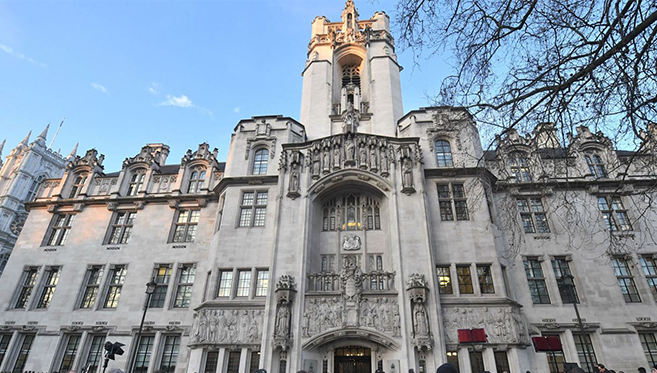Attorney General, Victoria Prentis, has called for an urgent review into the Crown Prosecution Service’s (CPS) handling of the Valdo Calocane case, including their acceptance of his plea of diminished responsibility.
Barnaby Webber, 19, Grace O’Malley-Kumar, 19, and school caretaker Ian Coates, 65, were killed by Calocane in Nottingham in June of last year. After ongoing legal proceedings, the CPS accepted Calocane’s plea to manslaughter, rather than pursuing charges for murder. The grieving families have expressed anger at this decision, partially due to the CPS’s lack of communication during the investigation.
An acceptance of the diminished responsibility plea means that Calocane was found guilty of manslaughter, rather than murder. Whilst the courts are required to give a life sentence for murder, this does not automatically apply to a conviction for manslaughter. In Calocane’s case, due to having been diagnosed with paranoid schizophrenia, he has been ordered to detention in a high security hospital.
The CPS have explained their decision to accept a diminished responsibility plea on the basis of medical evidence. Calocane was initially assessed by three medical professionals who concluded there was ‘overwhelming’ evidence that Calocane suffers from paranoid schizophrenia. This resulted in him hearing voices in his head telling him his family would be harmed unless he did what they told him to do. Following this, the CPS then took a further step in requesting a fourth expert to review those findings. Once this fourth expert agreed with the medical reports, the CPS concluded there was ‘no realistic prospect of conviction for murder.’
After the verdict and the Attorney General’s call for review, the families released a statement saying, ‘We reiterate our deep and grave concerns in this case and our disappointment that we have had to resort to this additional level of trauma and stress to feel listened to and for further actions to be taken,.’
The families also called for a public inquiry and met with Prime Minister Rishi Sunak to discuss their concerns about the case. Their concerns centre around the procedures the NHS took to diagnose Calocane’s condition, how the police investigation was conducted, and the extent to which the CPS interacted with the families.
Prime Minister Sunak asserted that once the review provides answers to these questions, a decision about whether to hold a public inquiry ‘is the next logical step.’ For now, the Attorney General’s review order will investigate the appropriate agencies to gain further information on the case and Calocane’s verdict.







